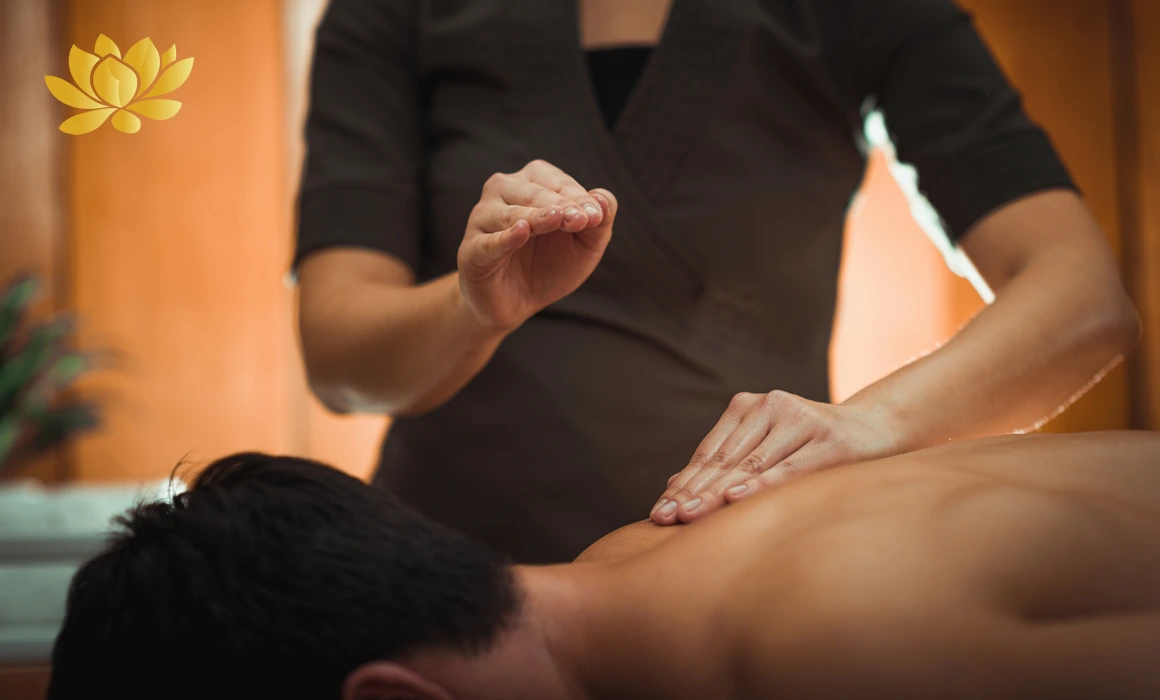
Should You Tip Your Massage Therapist? The Industry’s Divisive Debate
You’re floating. The nagging tension in your shoulders has melted away, the traffic-induced headache from your EDSA commute has vanished, and the world feels quiet for the first time all week. You’ve just finished a blissful 90-minute massage. As you slowly re-enter reality in a cozy Manila spa, you head to the counter to pay. And then it hits: the moment of quiet panic.
The credit card terminal is in front of you, the receptionist is smiling, and your therapist is waiting discreetly nearby. The question echoes in your mind: Am I supposed to tip? If so, how much? Is it included? Is it rude if I don’t?
Welcome to one of the most divisive and surprisingly complex debates in the wellness world. While tipping your server at a restaurant is practically instinct, tipping a massage therapist occupies a gray area. It’s a transaction that straddles the line between a luxury service, a hospitality experience, and a therapeutic healthcare treatment.
Here in the Philippines, where the culture of showing gratitude (pasasalamat) is deeply ingrained, the question becomes even more layered. So, let’s break down this debate and navigate the etiquette of tipping your massage therapist in 2025.
The Core of the Debate: Service vs. Healthcare
The primary reason for the confusion is the dual identity of massage therapy. Is your therapist a service provider, like a hairstylist or a waiter? Or are they a wellness professional, like a physical therapist or a chiropractor?
The Argument For Tipping (The Service/Hospitality View):
This perspective sees massage as a personal care service. The therapist has provided a hands-on, physically demanding service designed for your comfort, relaxation, and satisfaction. In this model, a tip is a direct expression of gratitude for exceptional work.
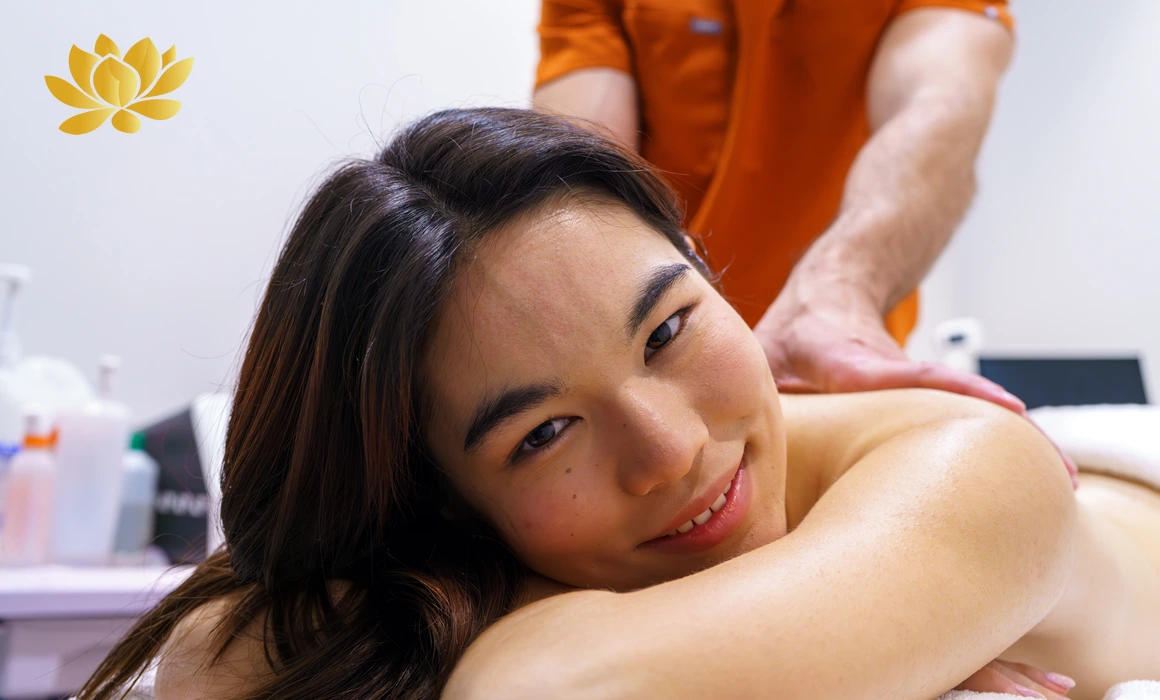
Proponents of tipping argue:
- It Supplements Income: This is the most significant factor, especially in the Philippines. Many massage therapists, whether in large spa chains or smaller neighborhood establishments, are not highly paid. They often work on a commission-based structure, receiving only a percentage of the total fee you pay the spa. A tip can make a substantial difference in their take-home pay, helping them cover daily expenses like transportation and meals.
- It Acknowledges Hard Work: Massage therapy is physically demanding. A therapist puts their own energy, strength, and focus into every session. A tip is a tangible “thank you” for their physical and emotional labor.
- It’s a Cultural Norm: In the Philippines, which has a strong service culture influenced by American customs, tipping is common and often expected for personal services. It’s seen as a gesture of goodwill and appreciation.
The Argument Against Tipping (The Healthcare/Professional View):
This viewpoint frames massage therapy as a legitimate form of healthcare. You don’t tip your dentist for a good cleaning or your physical therapist for helping with your knee injury. These professionals are paid a fair wage for their clinical expertise.
Those who argue against mandatory tipping believe:
- It Devalues the Profession: Making therapists reliant on tips can undermine their status as trained healthcare professionals. Their compensation should come from a fair, professional wage paid by their employer, not the discretionary generosity of clients.
- The Price Should Be Inclusive: The listed price of the massage should be sufficient to cover the therapist’s skill, the spa’s overhead, and a living wage for all employees. Some high-end wellness centers are adopting this model by implementing no-tipping policies and raising their prices accordingly to pay their staff better.
- It Creates Awkwardness: The pressure to tip can create an uncomfortable power dynamic for both the client and the therapist. A client might feel obligated to tip even for mediocre service, while a therapist’s income becomes unpredictable.
The Filipino Context: Beyond the Tip, It’s About “Balato”
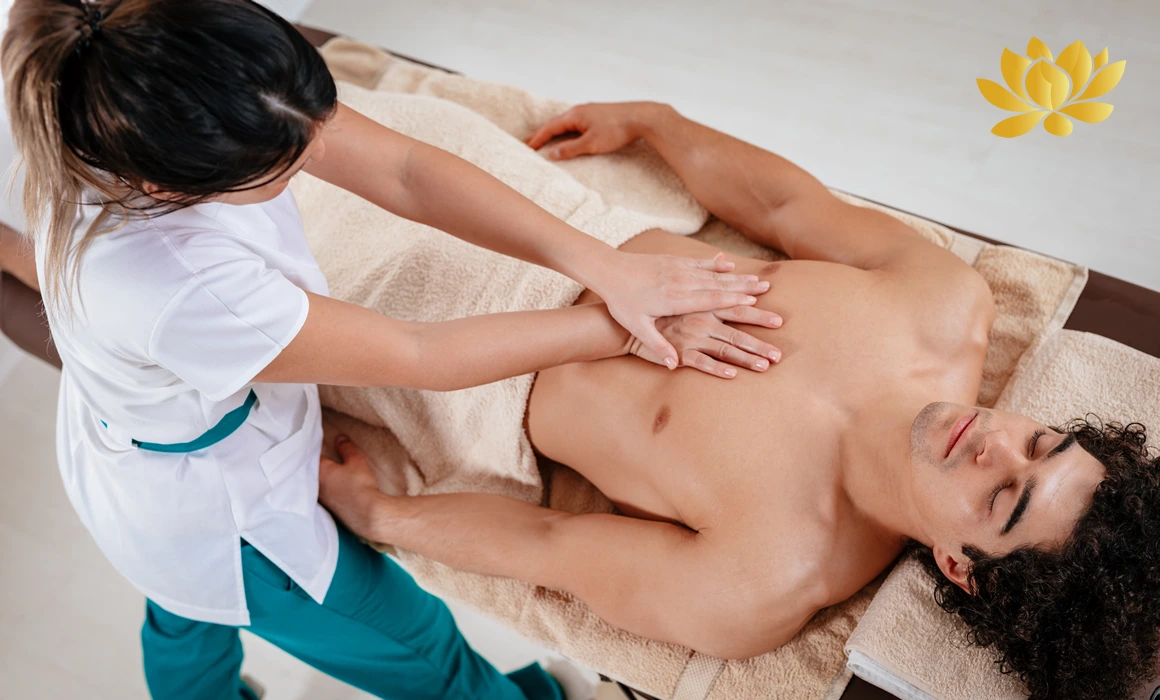
Here in Manila, the conversation isn’t just about a standard 15-20% rule. Our culture has the concept of “balato,” which is less of a formal tip and more of a voluntary sharing of goodwill. When we receive good service or feel a personal connection, it’s natural for many Filipinos to want to give a little something extra as a sign of genuine appreciation.
This cultural instinct is why, for the vast majority of situations in the Philippines, tipping your massage therapist is a kind, common, and deeply appreciated practice. Given the economic realities for many service workers, that extra ₱100 or ₱200 is not just a bonus; it can be a significant part of their daily earnings.
Practical Guidance: How to Tip in Manila
Okay, so you’ve decided you want to tip. Now what? The rules aren’t set in stone, but here is a practical guide based on common practices in Metro Manila.
How Much Should You Give?
The standard Western rule of 15-20% is a good starting point, but it isn’t strictly followed here. A more common approach is a flat amount based on the service quality and price.
- For Standard Spas (₱500 – ₱1,000 per hour): A tip of ₱50 – ₱150 is generally considered a generous and appreciated gesture. A ₱100 bill is a very common and welcome tip.
- For High-End Hotel or Luxury Spas (₱1,500 – ₱4,000+): The expectation might be slightly higher. A tip ranging from ₱200 – ₱500 is more appropriate for this price point, reflecting the premium service.
- For Home Service Massages: Remember that your therapist has spent time and money on transportation. It’s considerate to add a little extra to your tip to acknowledge this, perhaps an additional ₱50-₱100 on top of what you’d normally give.
The Golden Rule: Tip what you are comfortable with and what you feel the service deserved. An amazing, life-changing massage warrants a better tip than one that was just “okay.”
How Should You Give the Tip?
- Cash is King: The best way to tip is to give cash directly to your therapist. Hand it to them discreetly as you thank them after the session. This ensures they receive 100% of the money.
- Tipping on a Credit Card: If you don’t have cash, you can ask the receptionist to add a tip to your card. Be aware, however, that sometimes these tips are pooled and divided among all staff, or the business may deduct a processing fee. If you want to ensure your specific therapist gets it, cash is always the preferred method.
- Check for a “Service Charge”: Some upscale establishments automatically add a 10-12% service charge to the bill. In this case, an additional tip is not strictly necessary, though you can still give a small extra amount directly to the therapist for outstanding service.
What If You Can’t Tip or Had a Bad Experience?
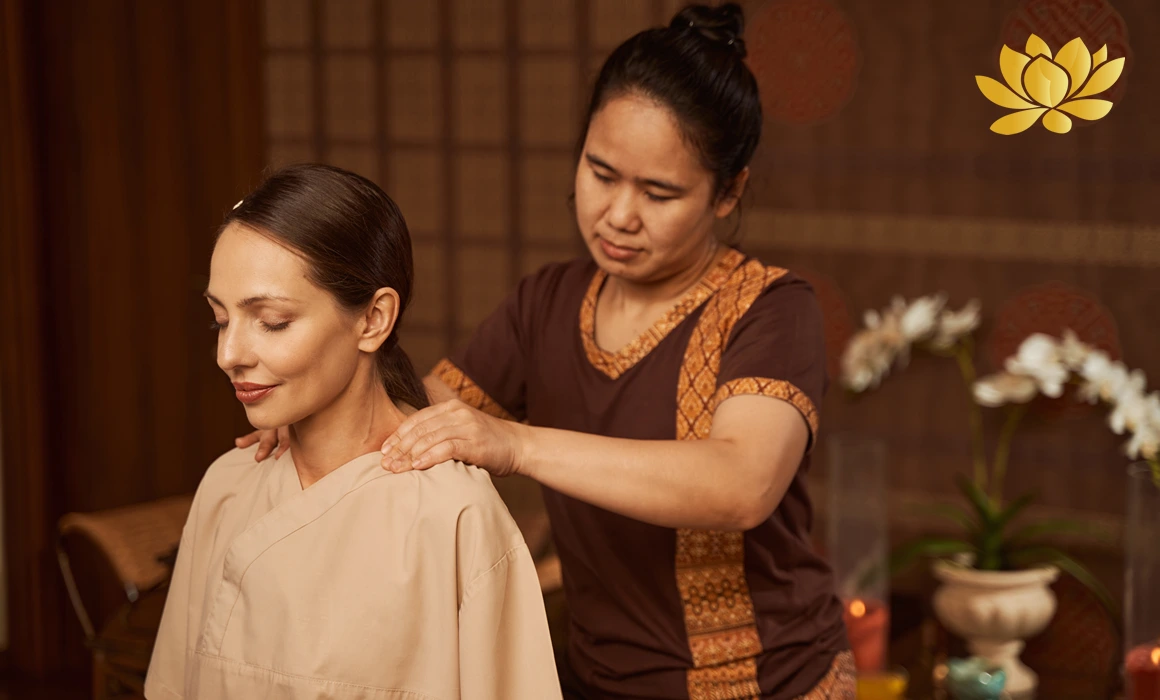
If Your Budget is Tight: Don’t let the pressure of tipping prevent you from getting a massage you need. If you truly cannot afford to add a tip, that is okay. A heartfelt, specific “thank you” to the therapist and positive feedback to the front desk is still valuable.
If the Service Was Subpar: A tip is a reward for good service, not an obligation. If your therapist was unprofessional, made you uncomfortable, or the service was genuinely poor, you are not required to tip. In this situation, the more productive action is to provide calm, constructive feedback to the spa’s management. This helps them address the issue and improve their service.
Alternatives to Cash That Are Just as Valuable
Money isn’t the only way to show appreciation. If you want to thank your therapist, consider these powerful alternatives:
- A Glowing Online Review: This is HUGE. A positive review on Google Maps, Facebook, or the spa’s booking page that specifically names your therapist is incredibly valuable. It helps them build their reputation and helps the business attract more clients.
- Rebooking: The ultimate compliment is to become a regular client. Ask to book your next session specifically with them. This provides them with job security and shows that you truly value their skill.
- Word-of-Mouth Referrals: Tell your friends, family, and colleagues about your great experience and recommend your therapist by name.
The Final Verdict
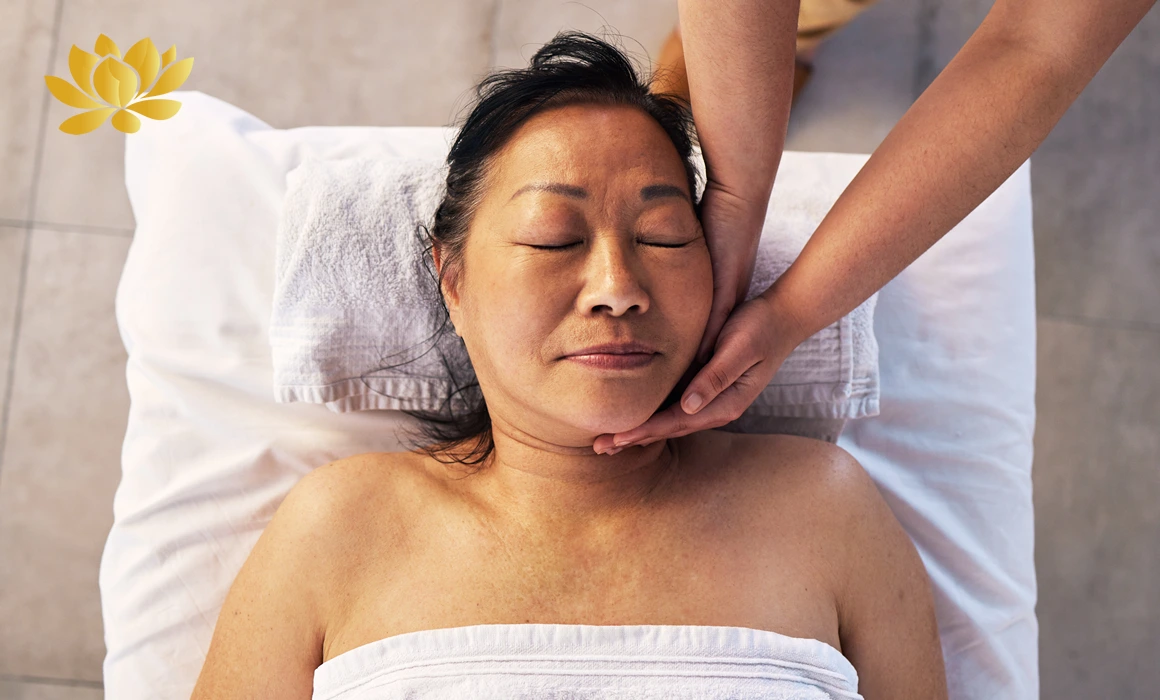
So, should you tip your massage therapist?
While the debate continues in professional circles, in the practical, day-to-day context of Manila and the Philippines, the answer is a soft yes. It is not a strict obligation, but it is a socially encouraged practice that is deeply appreciated by the hard-working individuals in the industry.
Think of it less as a mandatory fee and more as a personal gesture of gratitude. Your therapist has created a space for you to heal, relax, and disconnect from the chaos of the city. If they did their job well, a thoughtful tip is a wonderful way to acknowledge their skill and care.
Whether it’s with a crisp bill, a kind word, or a glowing online review, showing your appreciation is never the wrong move.































